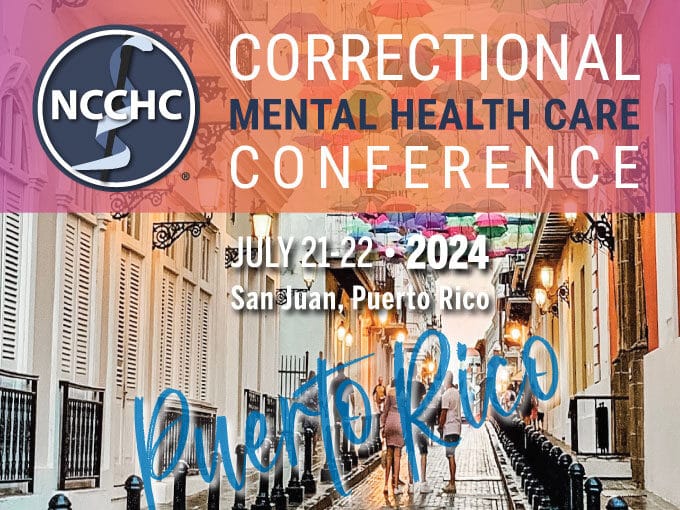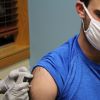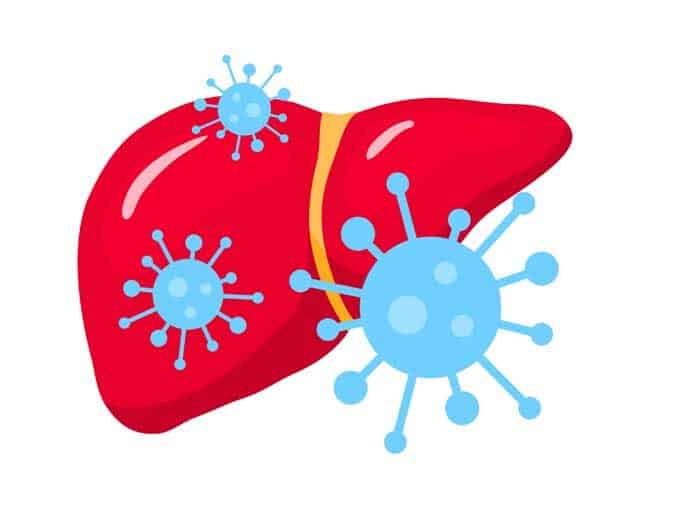
Say hola to Puerto Rico
The 2024 Correctional Mental Health Care Conference will be held in sunny San Juan!
Home Rhode Island DOC’s Vaccine Acceptance Success Story
 Apr 27, 2021
Apr 27, 2021Millions of Americans are being vaccinated against COVID-19 every day, bringing us closer and closer to the goal of herd immunity. But in the nation’s jails and prisons, where the incarcerated are three times more likely to die of COVID-19, many incarcerated people and staff members are refusing the shot out of fear, lack of trust, and misinformation.
In a study by the CDC and the University of Washington conducted in late 2020, fewer than half of the 5,000 incarcerated individuals surveyed said they would accept a COVID-19 vaccine, while the majority either said they wanted to wait before getting vaccinated or would refuse altogether. Uptake is even lower among correctional officers.
But in Rhode Island, staff members and incarcerated individuals are reportedly lining up to get the vaccine. In March, Rhode Island Department of Corrections data showed that 73% of people incarcerated in the state’s facilities and 70% of staff had signed up to be vaccinated.
RIDOC’s secret? A combination of committed leadership, consistent education, and clear communication, with a healthy dose of trust and teamwork thrown in.
“To create a successful vaccination campaign, leadership absolutely needs to be on board,” says Pauline Marcussen, DHA, RHIA, CCHP, health care services administrator. “The most important thing is creating a culture of education and information – a feeling of ‘this is a good thing to do.’ It might sound like a cliché, but it’s not,” she says.
Medical Director Justin Berk, MD, MPH, MBA, joined the department at the end of 2020 just as the vaccines became available, and set out to get as many people, incarcerated and staff, vaccinated as quickly as possible. He worked with Information and Public Relations Officer J.R. Ventura to create an information video about the vaccine’s safety and efficacy in which he explains how vaccines work, answers frequent questions, dispels myths, and encourages everyone to get vaccinated. The video is played in all six RIDOC facilities and also is available on the website.
On a more personal level, two public health education specialists meet face to face (or mask to mask) with each individual to address fears and gain consent to be vaccinated. A letter – in English and Spanish – was sent to let people know in advance that they would have this opportunity to ask questions and air concerns.
In his role as PIO, Ventura also communicates with families and the community at large via Facebook, the department’s website, and announcements and interviews through the local media. “Families hear things, they worry,” he says. “A part of my job is battling misinformation.”
Dr. Marcussen observes that younger people in particular tend to have heard false rumors and conspiracy theories that make them hesitant to receive the shot. “We sit down and talk to them, explain to them that this will help their families and friends stay safe and healthy,” she says.
Beyond some basic logistical challenges, the RIDOC team reported no real problems in establishing systems and processes to facilitate vaccinations. For the incarcerated, staff and volunteers administered the vaccines in clinics that were set up in each facility; education and consents were provided in English and Spanish. Employees and contracted staff received their shots in vaccine clinics in an administrative building, administered by a company through the Department of Health
Anyone who is released before receiving the second dose is invited come back for the second shot, through a partnership between the health department and the home confinement department. Approximately 50% have returned for their second dose as of the end of April.
The campaign got off to a positive start on the day after Christmas, when 75 inmates got their first shots. “It was kind of fun,” says Dr. Marcussen. “There was a celebratory feel to it.” Since then, vaccinations have been offered on a weekly basis in the sentenced facilities and biweekly in the awaiting-trial facilities, with as many as 400 given in a single day.
“Dr. Berk and Dr. Marcussen have created an atmosphere of trust and confidence. Everyone feels that. And that is key to vaccine acceptance,” says Ventura.
“Leadership style matters,” agrees Dr. Marcussen. Her advice to other leaders hoping to successfully maximize vaccinations: “Be approachable, trustworthy, and welcoming. Encourage people to ask questions and answer them respectfully.”
Beyond leadership, she says, it’s a team effort. “It takes everyone pitching in to get it done. We all share a very clear goal: keeping everyone safe and healthy.”


